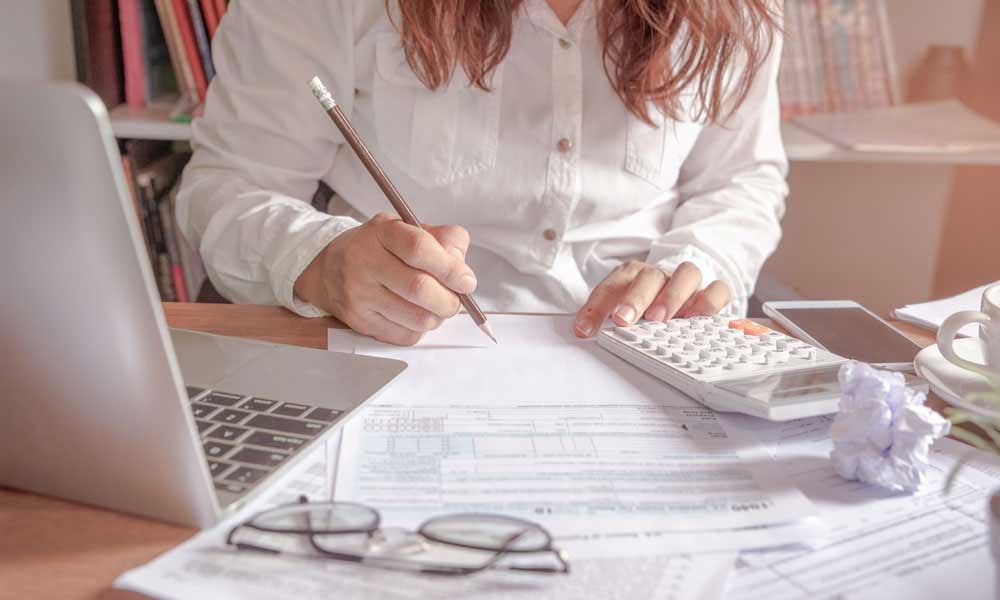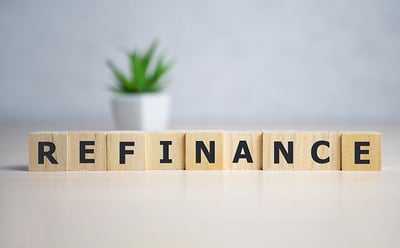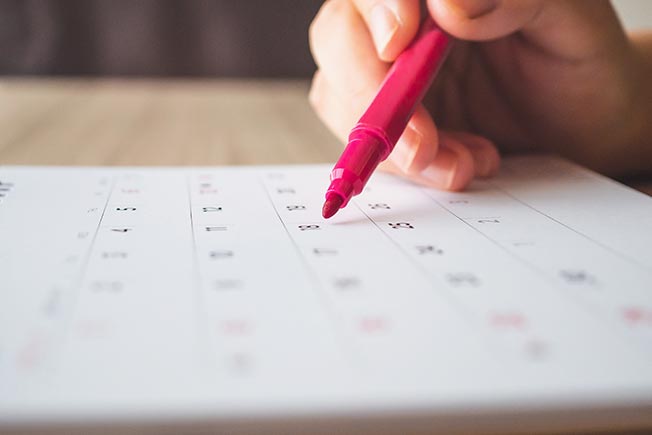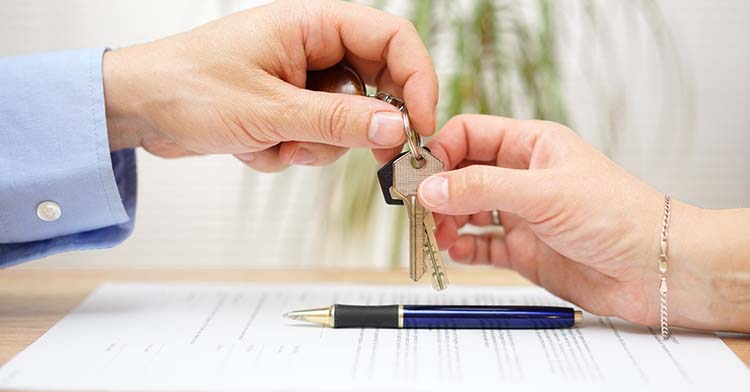Page 18 171 - 180 of 425
What Financial Advisors Should Know About 1031 Exchanges

As a financial advisor, you want to offer your clients helpful guidance and sound advice—that’s why they engage your services, after all. In many cases, you may suggest investment options and strategies that the client isn’t familiar with, so they rely on you to know the details and to provide suitable suggestions. Depending on your client, you may offer assistance with various tasks ranging from retirement forecasting to budgeting to estate planning. Often, you will recommend investment choices and offer tax management strategies.
Can Furniture Be Used in a 1031 Exchange?

In real estate transactions both large and small, it’s common to have incidental property – furniture, fixtures, and equipment – included with the buildings that are bought and sold.
Can You Do a 1031 Exchange on an Aircraft?

A 1031 exchange is a remarkably helpful tool for investors to manage their capital gains taxes. When you want to sell an investment property and reinvest the proceeds, using a 1031 exchange enables you to reinvest the entire proceeds while deferring payment of capital gains taxes. This simple tactic provides excellent leverage for investors.
Can You Turn a 1031 Exchange Property into a Short-Term Vacation Rental?

Have dreams of starting a short-term rental business? You aren’t alone.
What are Allowable 1031 Exchange Expenses?

Closing costs on commercial real estate can be extremely high, sometimes averaging between 3 and 5 percent of the total value of the asset you are buying. If your target property costs $2 million, that 3 percent could exceed $60,000 in fees and related expenses.
How Does a 1031 Exchange Affect the Buyer?

A 1031 exchange can be a strategic tool for real estate investors, allowing them to sell an appreciated property and reinvest the proceeds into a like-kind replacement asset. The like-kind exchange can help defer capital gains and depreciation recapture taxes if executed properly.
Can I Refinance My 1031 Exchange Property?

On the surface, refinancing a 1031 exchange property might seem counterintuitive. After all, the reason for executing a like-kind exchange is to use the equity from your relinquished property to acquire a new investment – your replacement property. Refinancing also can involve cashing out on equity.
What is the 14-Day Rule for a 1031 Exchange?

To ensure a successful 1031 exchange, following the in-stone deadlines provided by the IRS is essential. These deadlines include the 45-day identification period and the 180-day exchange period.
What Are The Advantages and Disadvantages of a 1031 Exchange?

Of all the tools in a real estate investor’s toolbox, none works quite like the 1031 exchange.
Can You Rent To A Relative In A 1031 Exchange?

Can a property acquired in a 1031 exchange be rented to a family member? The answer, as per the tax court, is yes. However, to ensure that the transaction complies with IRS guidelines, certain key criteria must be met. Primarily, the rent set for the property should align with the fair market value appropriate to its location. Additionally, a formal, written rental agreement is necessary, and the exchanger must diligently enforce its terms, particularly those pertaining to the punctual payment of rent. With these steps, a 1031 exchange involving rental to a family member can be conducted successfully.
Page 18 171 - 180 of 425


